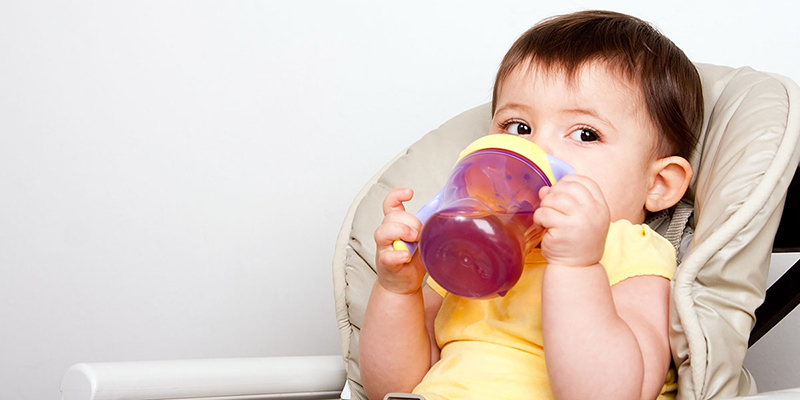
Children who were first given juice before they were six months old were more likely to have overweight or obesity in early and mid-childhood, compared to kids who were given juice at one year old or later, according to a study by researchers at the National Institutes of Health. The finding provides additional support for a theory that giving young children sweet foods or drinks may foster a preference for sweet tastes that can lead to weight gain later in childhood.
The study was conducted by Edwina Yeung, Ph.D., and colleagues at NIH’s Eunice Kennedy Shriver National Institute of Child Health and Human Development. It appears in The Journal of Pediatrics.
Background
In 2017, the American Academy of Pediatrics (AAP) recommended that 100% fruit juice not be introduced into children’s diets until 12 months of age—if at all—citing concerns that early introduction of juices could potentially cause weight gain and dental cavities. Earlier, the AAP had recommended that 100% fruit juice not be given to children before 6 months of age.
In a previous study, researchers analyzed data from nearly 5,000 children and their parents, compiled before the 2017 AAP recommendation. They found that, compared to children first given juice at 1 year of age, children who drank juice before six months of age also tended to drink more juice and soda by early and mid-childhood. The study authors theorized that early juice consumption could foster a preference for sweet tastes.
For the current study, researchers analyzed the same data set. This time, they compared the weight and body mass index (BMI) at 2 to 3 years and 7 to 9 years of children who were first given juice at different ages.
Results
At 2 to 3 years old, children given juice before six months had higher average weight for their age, compared to those given juice at 1 year or older. At 7 to 9 years, children given juice before six months had higher BMI and weight for their age. Children given juice before six months were also over 1.5 times more likely to be classified as having overweight or obesity (a BMI at or above the 85th percentile for their age) and over twice as likely to have obesity (BMI at or above the 95th percentile for their age) in middle childhood. This higher risk was independent of other factors that could potentially influence weight and BMI, such as when the children were first given solid food.
Significance
“Our results suggest that following AAP guidelines and delaying juice introduction until one year or older could potentially help reduce the risk of obesity in childhood,” Dr. Yeung said.
Reference
Robinson, SL, et al. Age of juice introduction and child anthropometry at 2-3 and 7-9 years. The Journal of Pediatrics. 2022.

 BACK TO TOP
BACK TO TOP